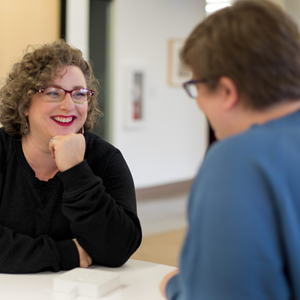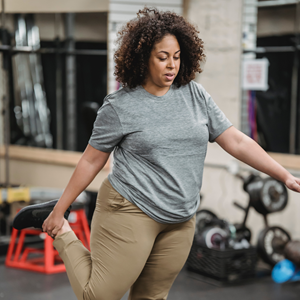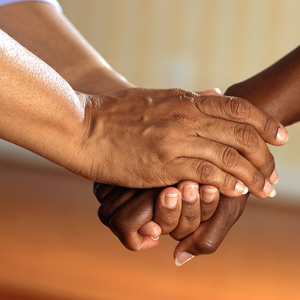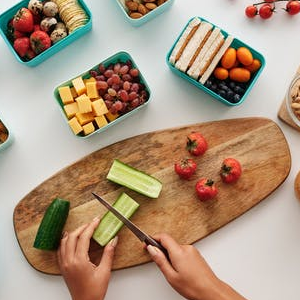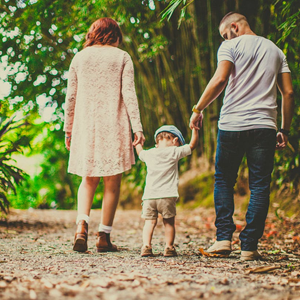Month: April 2021
You Are Not Alone
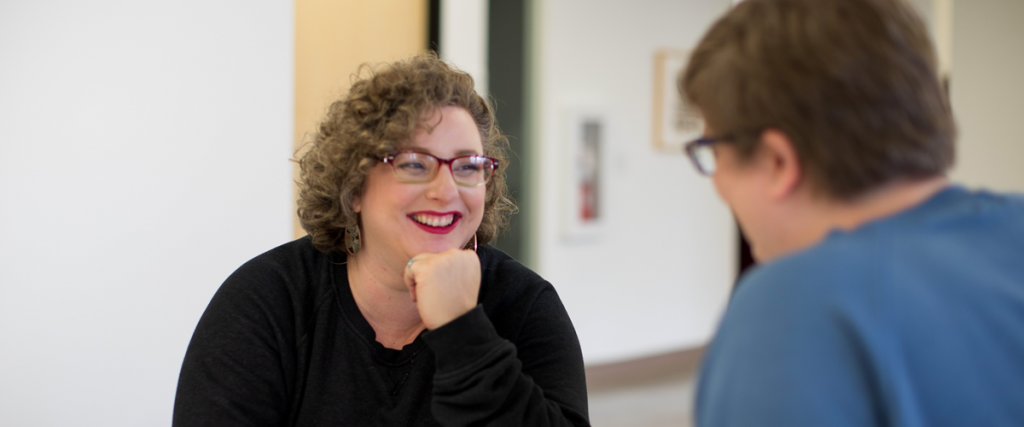
May is Mental Health Awareness Month
The goal of Mental Health Awareness Month is to fight stigma, provide support, and raise awareness about mental health within our communities.
You Are Not Alone
In the United States, one in five adults live with some form of mental illness and nearly half of all adults will experience a mental illness at some point during their lifetime.1
Mental health is essential to a person’s well-being, relationships, and the ability to live a full and productive life. People with untreated mental health issues, such as depression and anxiety, are at high risk for many unhealthy and unsafe behaviors, including alcohol or drug abuse, violent or self-destructive behavior, and suicide—the 2nd leading cause of death for Idahoans aged 10-44.2
Social stigma can make navigating life with a mental illness even more challenging. The stigma surrounding mental illness can cause people to feel embarrassed or ashamed, ultimately preventing them from seeking the help they need. Talking openly about mental health will help to eliminate some of the associated stigma and is one small step we can all take to help improve the mental health landscape in Idaho.
One in five adults in the United States live with some form of mental illness.
source: national institute of mental health
Bust Stigma
Mental health conditions are as common and treatable as physical conditions such as high blood pressure or asthma. Unfortunately, because of stigma, we do not usually talk about mental health conditions as openly as physical conditions. Use the following tips to help bust mental health stigma in your workplace and larger community:
- See the whole person. A person’s mental health condition does not define who they are.
- Offer support. Do not be afraid to reach out to someone you feel might be struggling.
- Challenge misconceptions around mental health. Speak up if you hear a coworker or friend spreading stereotypes and myths about mental illness.
- Understand that your words matter. Use respectful language around mental health and avoid labels like “crazy” or “unstable.”3
Employee Assistance Program
Talking with a therapist or counselor helps people process their thoughts, feelings, behaviors, stresses, goals, and past experiences.4 The Employee Assistance Program, or EAP, provides confidential, short-term counseling services for benefit eligible employees and their dependents to help them handle concerns constructively before they become major issues. Benefit eligible State of Idaho employees and their dependents may receive 1 to 5 visits per person per plan year with no copayment required. Visit the Office of Group Insurance’s website for details.
Employee Assistance Program
The 10 Tools
Boost your own mental health, or support the people you care about, with the Ten Tools. This list of proven resilience strategies can help you feel stronger and more hopeful.5
If you or someone you know is in crisis or emotional distress, please contact the Idaho Suicide Prevention Hotline:
Text or call 208-398-HELP (4357)
or the National Suicide Prevention Lifeline:
Call 1-800-273-TALK (8255)
- https://www.nimh.nih.gov/health/statistics/mental-illness.shtml
- hhttps://static1.squarespace.com/static/5533c618e4b0e276c293c601/t/5c5b79b3ee6eb05bcb43f2b9/1549498809038/Idaho-State-Facts.pdf
- https://business.kaiserpermanente.org/insights/mental-health-workplace/supporting-mental-health
- https://www.mhanational.org/therapy
- https://www.mhanational.org/ten-tools
Older Americans Month: Communities of Strength

In tough times, communities find strength in people—and people find strength in their communities. In the past year, we’ve seen this time and again in Idaho as friends, neighbors, and businesses have found new ways to support each other.
In our community, older adults are a key source of this strength. Through their experiences, successes, and difficulties, they have built resilience that helps them to face new challenges. When communities tap into this, they become stronger too.
Each May, the Administration for Community Living leads the celebration of Older Americans Month (OAM). This year’s theme Communities of Strength, recognizes the important role older adults play in fostering the connection and engagement that build strong, resilient communities.
Strength is built and shown not only by bold acts, but also small ones of day-to-day life—a conversation shared with a friend, working in the garden, trying a new recipe, or taking time for a cup of tea on a busy day. And when we share these activities with others—even virtually or by telling about the experience later—we help them build resilience too.
This year, the Idaho Commission on Aging (ICOA) will celebrate OAM by encouraging community members to share their experiences. Together, we can find strength—and create a stronger future.
Here are some ways to share and connect:
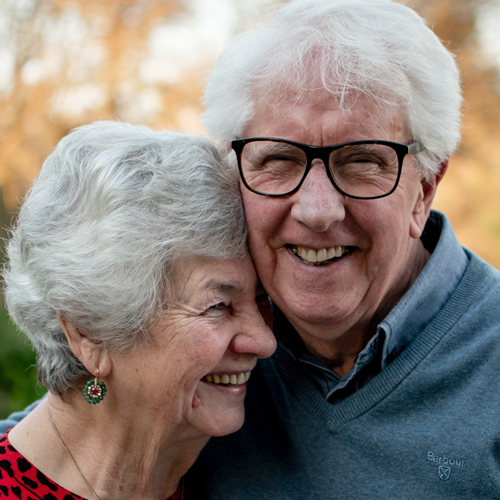
- Look for joy in the everyday: Celebrate small moments and ordinary pleasures by taking time to recognize them. Start a gratitude journal and share it with others via social media, or call a friend or family member to share a happy moment or to say thank you.
- Reach out to neighbors: Even if you can’t get together in person right now, you can still connect with your neighbors. Leave a small gift on their doorstep, offer to help with outdoor chores, or deliver a homecooked meal.
- Build new skills: Learning something new allows us to practice overcoming challenges. Take an art course online or try a socially distanced outdoor movement class to enjoy learning with others in your community. Have a skill to share? Find an opportunity to teach someone, even casually.
- Share your story: There’s a reason storytelling is a time-honored activity. Hearing how others experience the world helps us grow. Interviewing family, friends, and neighbors can open up new conversations and strengthen our connections.
When people of different ages, backgrounds, abilities, and talents share experiences—through action, story, or service—we help build strong communities, and promote better mental and physical health, and that’s something to celebrate!
Please join the Idaho Commission on Aging in promoting healthy actions that increase health, resiliency, and connection for all in our communities.
For more resources, visit the official OAM website, follow ACL on Twitter and Facebook, and join the conversation via #OlderAmericansMonth.
Visit the ICOA website at: https://aging.idaho.gov for more great information on Aging Services.
Please complete our educational series on how to Reduce Loneliness in Idaho.
 Official Government Website
Official Government Website
